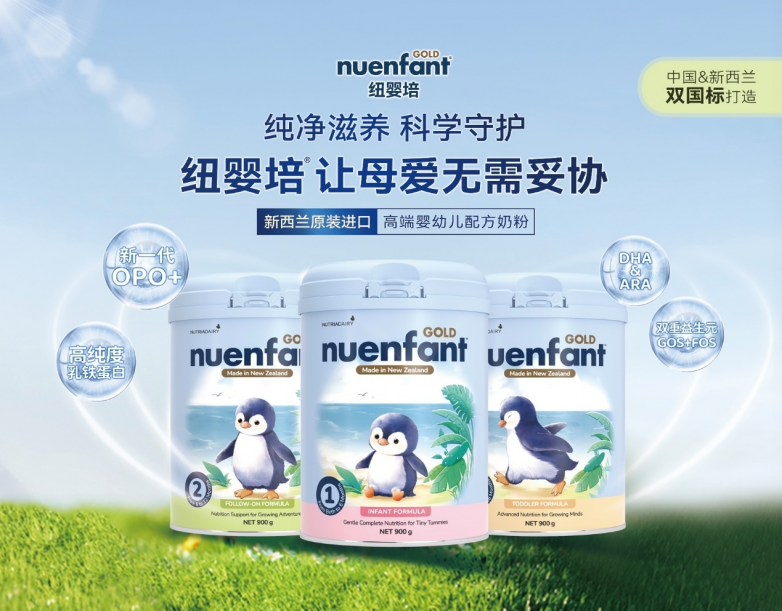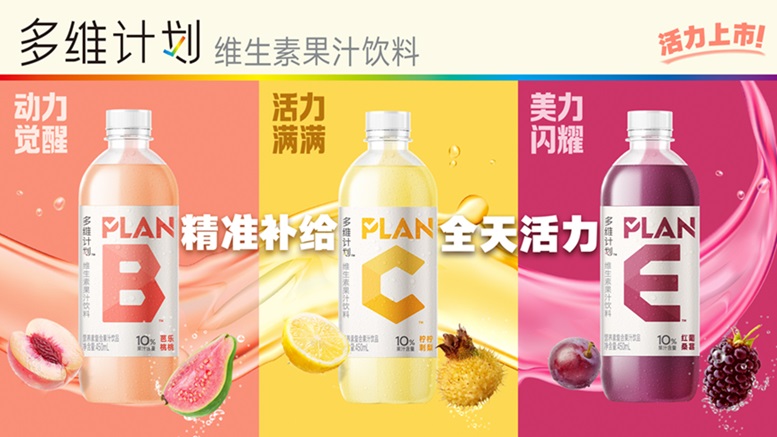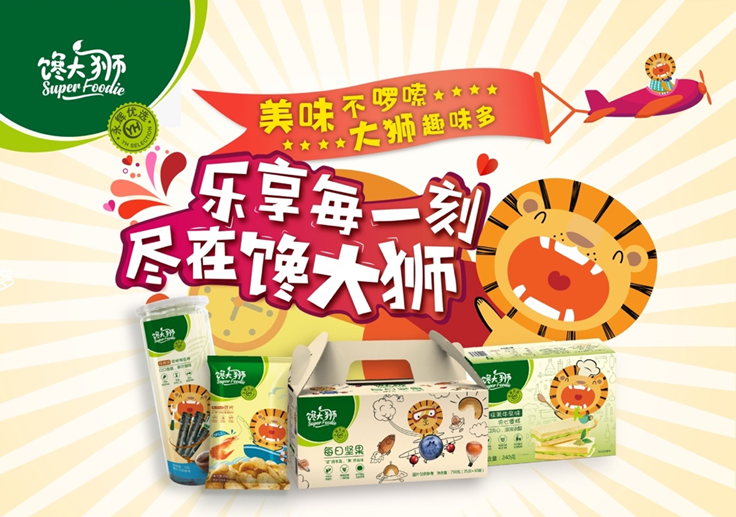新浪财经讯 国际期刊《食品管理》最新出版的期刊刊登了广州市食品工业卫生检测所戚平等研究人员题为《中国乳制品苯甲酸含量评估报告》的论文,指出包括婴幼儿配方奶粉在内的中国乳制品中大多检出了苯甲酸(benzoic acid),但含量不高。
苯甲酸是食品工业中常见的一种防腐保鲜剂,但乳制品中是禁止添加的。一般情况下,苯甲酸被认为是安全的,但对包括婴幼儿在内的一些敏感人群而言,长期摄入苯甲酸也可能带来哮喘、荨麻疹、代谢性酸中毒、抽搐等不良反应。
2006年10月至2007年1月期间,戚平等研究人员从广州的商店和超市购买了142份乳制品样本,其中包括24份巴氏消毒奶样本、45份超高温灭菌奶样本、31份普通奶粉样本和42份婴幼儿配方奶粉样本。然后对样本进行了高效液相色谱分析,发现142份乳制品样本中有109份检出了苯甲酸,比例高达76.8%,含量从0.51毫克/千克到111毫克/千克不等。其中,情况最好的是巴氏消毒奶,24份产品仅有11份检出苯甲酸。而普通奶粉和婴幼儿配方奶粉的检出率分别高达87.1%和85.7%。
研究人员对苯甲酸检测限的设定分别为巴氏消毒奶和超高温灭菌奶0.2毫克/千克、普通奶粉和婴幼儿配方奶粉2毫克/千克。分析结果显示,中国的牛奶及奶制品中普遍检出苯甲酸,但含量不高。
研究人员认为,中国乳制品中虽然普遍含有苯甲酸,但含量均不高,不会对普通人群造成影响,但对于婴幼儿及其他敏感人群而言可能会带来不良影响。因此,对中国乳制品中苯甲酸含量进行评估是十分有必要的。
同时,研究人员在论文中指出,巴氏消毒奶被检出苯甲酸的样本比例最低,这可能与各种乳制品的原料奶品质、加工技术及存储之间存在差异有关。(兴亚)
附:原文
Assessment of benzoic acid levels in milk in China
Abstract
Benzoic acid is the most commonly used preservative in foodstuffs. Although benzoic acid is generally recognized as safe (GRAS), adverse effects such as asthma, urticaria, metabolic acidosis and convulsions were observed at low doses in sensitive persons. Some weak clastogenic activity was noted in in vitro assays. The aim of our study was to determine the levels of benzoic acid in milk samples consumed in the city of Guangzhou, China. In this study, 142 samples of pasteurized milk (24), ultra high temperature milk (UHT, n = 45), milk powder (n = 31) and infant formula (n = 42) were analyzed by high performance liquid chromatograph (HPLC) with diode array detector (DAD) from October 2006 to January 2007. Benzoic acid was detected in 109 (76.8%) samples, ranging from 0.51 to 111 mg/kg. The LOD for benzoic acid was, respectively, 0.2 mg/kg in pasteurized and UHT milk, 2 mg/kg in milk powder and infant formula. The mean recoveries of spiked samples at 4 levels were 99.5 ± 3.1% in liquid milk, and 98.5 ± 4.3% in milk powder, respectively. The results show that benzoic acid widely occurs in milk and milk products in China at the low levels. The levels found are not high, and should not affect the general public; however, it may affect the infants and/or sensitive persons. Therefore, it is important to assess the levels of benzoic acid in milk in China. Meanwhile, it should be noted that the lowest percentage of positive samples in pasteurized milk probably results from the difference in the quality of raw milk, processing technical and storage condition of milk products。







